1. BASICS OF INTANGIBLES :
Before dwelling into the valuation perspective of intangibles, let us understand its meaning first. In simple terms, an ‘intangible asset’ is something that cannot be touched or seen, for example patents, copyrights, brands and franchises etc. Moreover, other invisible assets like services of key and competent managerial persons, skilled and trained work force and technological competence of an enterprise can also be classified under the intangible assets of an entity. In this article our discussion will be confined to franchises and brand licence agreements.
2. MEANING OF FRANCHISES AND BRAND LICENCE AGREEMENTS
- FRANCHISE AGREEMENTS: Under such agreements, a license is granted by a franchisor to the franchisee which lets the franchisee access to run the former’s business. A franchisor shares with the franchisee the proprietary knowledge, business processes, trademarks etc. concerning his business which lets the franchisee to sell a product or provide a service under his business’s name. For example McDonalds, KFC, Domino’s Pizza operate worldwide through franchise agreements.
- BRAND LICENSE AGREEMENT: Brand Licensing is an agreement where the licensee receives the right to either produce or market the product or services, as the case may be under the brand name of licensor. For example, The Murjani Group of India is the licensee for Tommy Hilfiger, FCUK and Calvin Klein Jeans. The license of Beverly Hills Polo Club (BHPC) is provided to the Spencers Retail.
3. DIFFERENCE BETWEEN FRANCHISES AND BRAND LICENCE AGREEMENTS:
| BASIS OF DIFFERENCE | BRAND LICENCING | FRANCHISING |
| Consideration | The consideration in brand licensing agreements is usually termed as royalty. | The consideration in franchising agreements can be termed as royalty or more appropriately as management fee. |
| Transfer | In brand licensing agreements, one line of product or a segment of the business is transferred. | In franchising agreements, the entire gamut of business processes like technical know-how, intellectual rights, goodwill, trademarks and business contacts can be transferred. |
| Business situation | Licenses are usually preferred by well-established businesses. | Franchises are usually opted by start-ups. |
| Cost of acquisition | The cost of acquiring a brand license is cheaper than acquiring a franchise. | The cost of acquiring a franchise is costlier than acquiring a brand. |
- PURPOSE OF VALUATION OF INTANGIBLES:
4.1 NEED FOR VALUING INTANGIBLES:
In the year 2007, the most extensive global study ever viz. Global Intangible Tracker (GIT) 2007 on intangible assets was conducted by the London based independent valuation entity Brand Finance Institute, in which India Inc’s [1] stood at third position, with an estimated intangible assets component of 74%. The value was derived as a proportion of Total Enterprise Value; India is just behind US (75%) and Switzerland (74%).
The GIT study is significant in the wake of changes in the accounting practices, it clearly indicates that the valuation of intangible assets is now a boardroom issue and cannot be ignored.
4.2 REASONS TO VALUE FRANCHISES AND BRAND LICENSE AGREEMENTS:
The most basic reason to value these intangibles could be when the transfer of franchise or license taking place, however there could be plethora of reasons for doing so which are listed below :
4.2.1 FINANCIAL REPORTING:
AS-26 and Ind AS 38 on intangible assets require the business entities to record intangible assets in the books of accounts if they meet the recognition criteria specified in the standards. AS 26 require their recognition at cost, while the Ind AS 38 also provide an option to value the same on cost or fair value basis.
4.2.2 M&A ACTIVITY:
The most obvious reason to value these agreements could be facilitation of negotiation carried out for purchase and sale of business. The valuation range from both buyer’s and seller’s side must be such, so that no offer made or accepted is unduly advantageous to either of the party. The value of intangibles is derived from subtracting the value of tangible assets from the total value of an enterprise and this difference of intangibles has a definite potential to push up the transfer price is such agreements.
4.2.3 LITIGATION:
Sometimes the valuation might be ordered by courts to assign a value to the enterprise for carrying out the dispute resolution or under a scheme of amalgamation to be sanctioned by the courts as per Companies Act, 2013.
4.2.4 TAXATION COMPLIANCE:
Transfer Pricing regulations contained in Income Tax Act 1961 require computation of arm’s length price when an international transaction of purchasing, selling or transferring such intangibles take place with an associated enterprise. This arm’s length price is usually the fair value at which the transaction could be carried out with an independent entity. For the purpose of determination of fair value in transfer pricing cases, the valuation methods are prescribed in the act itself, amongst which, one most appropriate method is required to be chosen. Hence, when such international transactions involve transfer of franchise or brand license agreements, they are to be valued for the determination of correct arm’s length price.
4.2.5 DETERMINATION OF INTRINSIC VALUE OF THE ENTERPRISE:
When the enterprise is listed, the investors might want to know the correct value of the enterprise. They compare the intrinsic value of the shares with its market value to determine whether the share is overpriced or underpriced by carrying out the fundamental analysis. Also bankers might require such value to determine the financial position of the entity before granting finance to such entities.
5. CONCLUSION:
From the above discussion it can be concluded that the requirement to value intangibles can be conferred either by statue or mandated by the business transactions. Both franchise and brand license agreements have huge value because use of brand name by the franchise or brand license holder enables them to charge more from the buyers. The use of brand name is the reason why the franchisees and the licensees end up paying a premium over the transaction value. The premium usually depends upon the strength of the brand in the market among other things. Specifically in case of franchise agreements the franchise has more value added because of the expertise provided by the seller. Therefore, the significance of valuation of such agreements cannot be ignored while arriving at true value of the enterprise. Apart from the tangible assets, such intangible assets also have a major role to play in contributing to the profitability and sustainability of business organisations.
[1] India Inc is a term used in Indian Journalism to refer to the formal sector of the nation comprising both government and corporate sector.

















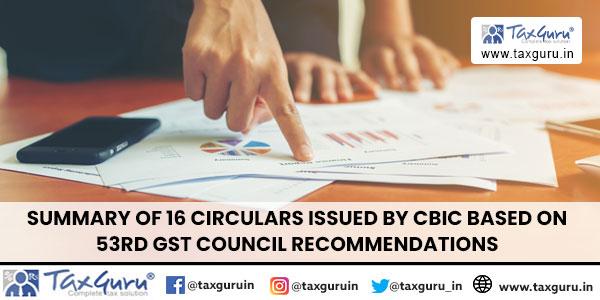
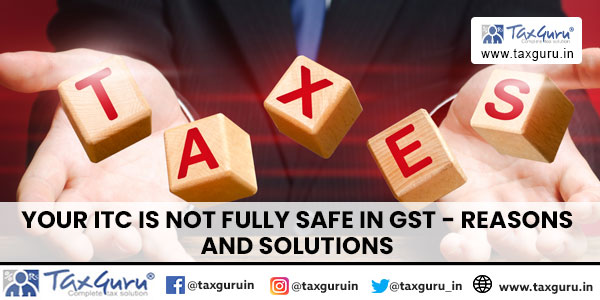
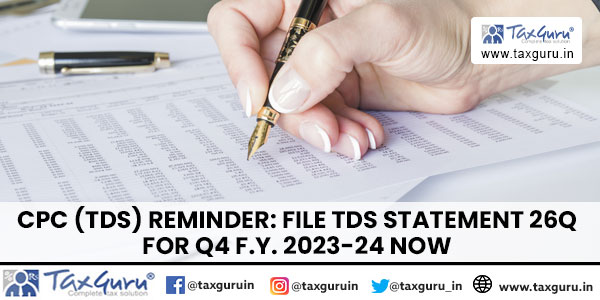
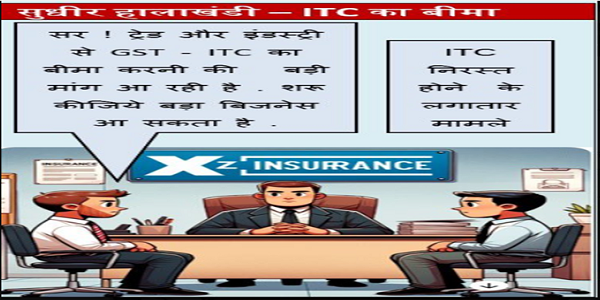
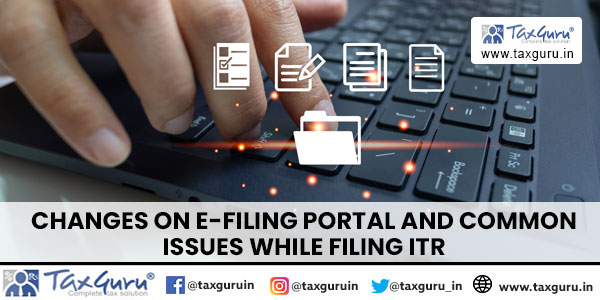










Very well explained
Thankyou Deepak!